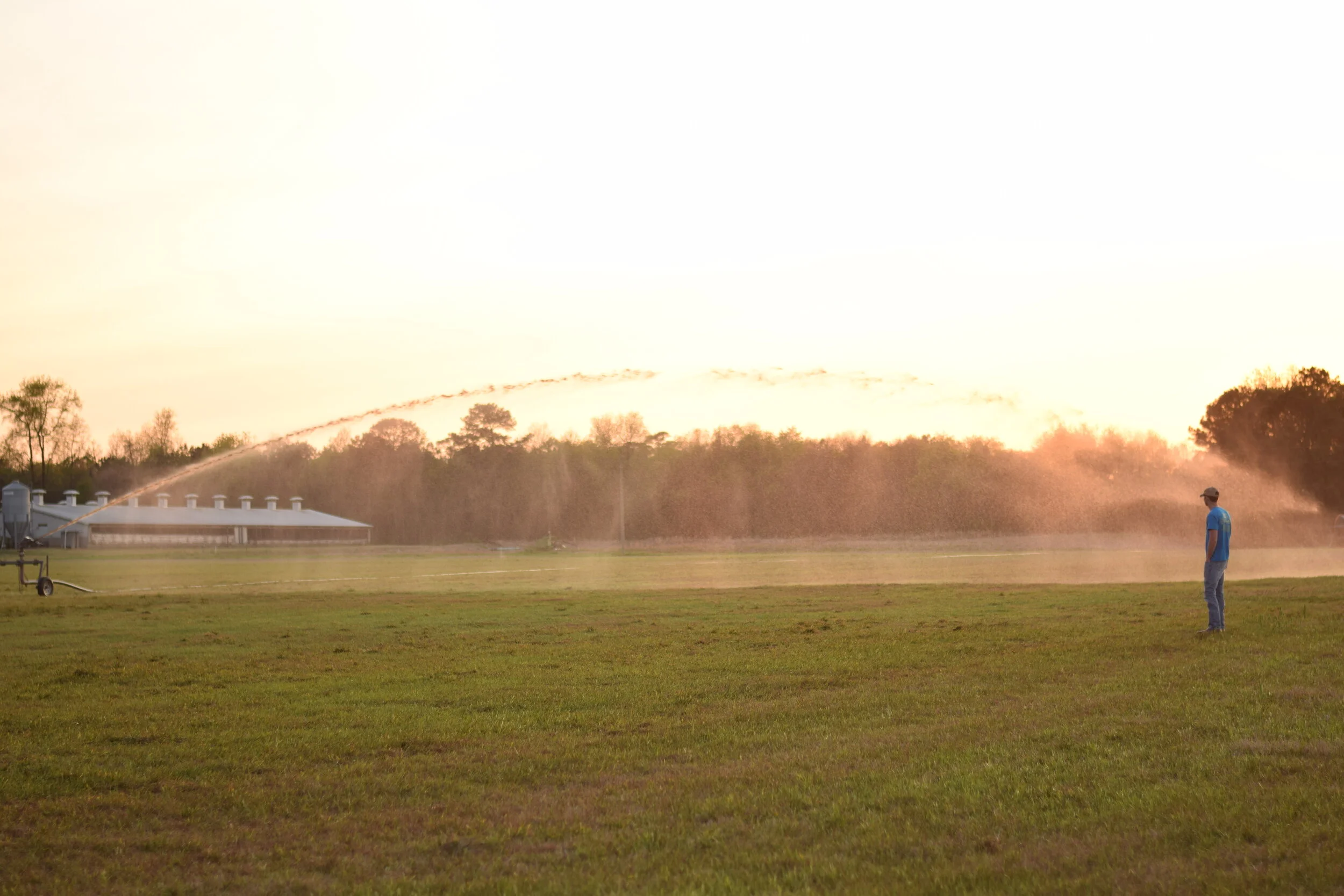Farmkeepers Blog
The Farmkeepers is the official blog of NC Farm Families. It is here that words will flow, our voice will be heard, a stand will be made, and the farm families of North Carolina will be protected. In these posts, we'll set the record straight. You'll see the faces of the families who feed us. Here, you'll receive all the updates and news. It is here that we will fight for farmers and be the keepers of the farm in NC. We hope you'll join us. Follow along on social media and by joining our email list.
Never Enough--Activist Never Satisfied with Hog Farmer Efforts
For decades, North Carolina’s family farmers have consistently striven to make our farms better. We work hard to raise animals more safely, more efficiently, and more sustainably. To operate in a way that better protects our air, water, and land. To farm today for tomorrow with your family and our families in mind. To take advantage of new technologies that allow us to make improvements in everything we do. The list goes on and on.
And yet, no matter what we do, it’s never enough.
Those who are steadfastly opposed to animal agriculture are never satisfied with the proactive or positive steps our farmers take to improve our operations. Here are just a few examples:
MORATORIUM ON CONSTRUCTION OF NEW PIG FARMS
When North Carolina imposed a moratorium on the construction of new pig farms in 1997, it wasn’t enough. Neither were the strict regulations that include annual, in-person inspections of every pig farm in the state.
The activists aren’t satisfied with simply stopping our growth — they want existing farms to go away. Fortunately, North Carolina’s pork business continues to thrive even though no new pig farms have been built here for the past 23 years. While the number of farms and number of animals we raise here hasn’t changed much in the past two decades, North Carolina remains one of the nation’s leading pork producers.
CLOSING LAGOONS IN FLOOD PRONE AREAS
Following widespread flooding caused by Hurricane Floyd in 1999, the pork industry took steps to ensure our farms were better protected during future storms. This included efforts to voluntarily close farms located in the 100-year floodplain.
Since 2000, 42 pig farms (and more than 100 lagoons) located in floodplains have been closed. An additional 231 out-of-service lagoons have been permanently closed. But it’s still not enough, the activists say.
EMBRACING SUSTAINABILITY
Today, American pig farmers are producing twice as much as pork as they did 50 years ago, while using fewer resources than ever before. As part of our commitment to sustainability, farmers now use 76% less land, 25% less water, and 7% less energy [source].
In addition, North Carolina is at the forefront of the movement to generate clean, renewable energy on our pig farms. By capturing methane gas and converting it to biogas, pig farmers play an important role in reducing greenhouse gas emissions.
Surprise, surprise — those steps don’t satisfy the activists either. Several “environmental” groups are actively opposing our efforts to generate renewable energy. It makes you wonder if they are more interested in protecting our environment or putting our farms out of business.
Well, what exactly do they want?
Let’s start with Sen. Cory Booker, the Democratic Senator from New Jersey. An outspoken critic of our farms (and a proud vegan), Booker has proposed a federal ban on farms with more than 2,500 pigs. This would potentially shut down 2,300 pig farms in North Carolina, most of which are family owned and operated.
Closer to home, the leader of the NC Environmental Justice Network wants to take things even further. In a recent news article, Naemma Muhammad said she believes pig farmers “need to be in jail.” Nevermind the pesky little fact these farmers are legally operating with a state permit — and following the toughest environmental regulations in the nation.
Other groups have a different agenda altogether: no more meat, period. They want to see an end to all animal agriculture and the elimination of all meat products. Imagine a world with no bacon or barbecue, no hamburgers or chicken tenders — that’s their version of paradise!
At the end of the day, it doesn’t really matter what these groups think about the improvements we are making. As responsible farmers who care about our environment and our communities, we remain determined to keep moving forward every day.
In the words of Elanor Roosevelt, “do what you feel in your heart to be right—for you'll be criticized anyway. You'll be damned if you do, and damned if you don't." We’ll continue to do what we know to be right and continue to work hard to feed a hungry nation.




